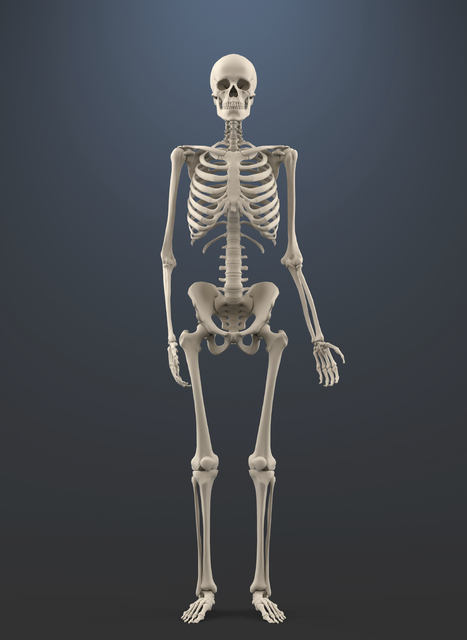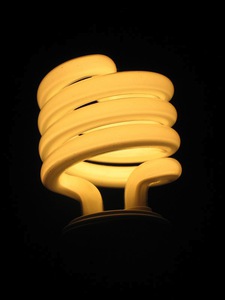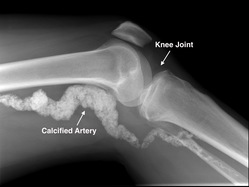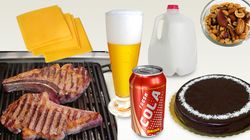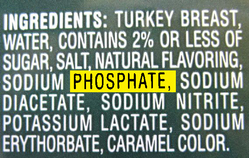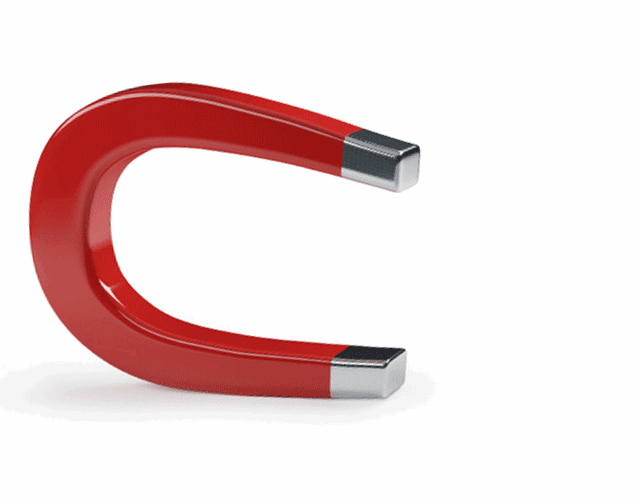Phosphorus + Calcium Make Up Bones
Phosphorus is stored in your bones and teeth, along with calcium. Small amounts of each mineral are also in your blood. When your body needs them, they are removed from your bones.
Phosphorus is an Electrolyte
In your blood, tiny but precise amounts of dissolved phosphorus help your cells talk to each other. Phosphorus is an electrolyte. It helps your body use energy from food and helps keep your blood at the right pH (acid/base) level. But, if your kidneys don’t work as well as they should, they can’t remove excess phosphorus. The phosphorus builds up in your blood.
Calcium + Phosphorus Can Harden Blood Vessels
When your kidneys don’t work, having too much calcium and phosphorus in your blood is a problem. The two minerals can join and form deposits in your skin, causing painful itching. Or, they can form in blood vessels and may cut off blood flow to a limb. Your doctor may prescribe phosphate binders for you so your blood levels of phosphorus don’t go too high. Track your calcium and phosphorus so you know what they are.
Know the Food Sources of Phosphorus
Phosphorus is found in MANY foods. Even foods you need to eat to stay healthy, like high-quality protein, have phosphorus. Your care team may want you to limit some foods that are high in phosphorus, like nuts, beans and peas, seeds, whole grains, dairy products, cola, chocolate, and beer. There are many other foods that are high in phosphorus.
Read more about phosphorus from the:
-
U.S. Department of Agriculture’s (USDA) Phosphorus Content in Food List*
-
The National Kidney Disease Education Program’s Handout on Phosphorus*
To learn more about protein, visit the Get the Right Amount of Protein topic.
* Links will take you outside of the Department of Veterans Affairs website. VA does not endorse and is not responsible for the content of the linked websites.
Phosphorus Can Hide—Look for It!
Phosphorus is injected into some meat and turkey. Be sure to read fresh meat labels if your care team wants you to limit phosphorus. Look for meats that don’t have phosphate or phosphorus as an added ingredient. If the letters “PHOS” are in the label, you don’t want to eat it. Some fast foods may also have phosphorus added! Ask the restaurant to be sure what you are eating.
Phosphate Binders Remove Some Phosphorus
Your doctor may prescribe drugs for you called “phosphate binders.” Like a magnet, binders attract and hold phosphorus before it can get into your bloodstream. The phosphorus passes through your gut and is removed in your stool.
You take binders WITH food. With ALL food. ONLY with food. They only work if they are in your gut at the same time that food is in your gut. When you eat a snack, you’ll take a small number of binders. With a larger meal, you’ll take more binders. Your dietitian will go over your lab test results with you to see if your phosphorus level is in the target range.
Taking phosphate binders and watching what you eat go hand in hand to help you feel your best. To learn more about phosphate binders, visit the Phosphate Binders topic.
Phosphorus
- Phosphorus is stored in your:
Not scored Your bones and teeth are mostly made of calcium and phosphorus.
- Why is having too much phosphorus in your blood harmful?
Not scored Having too much phosphorus in your blood can cause itching, joint pain, or stiff blood vessels.
- Which of these foods have a lot of phosphorus?
Not scored Your body needs good quality protein, which contains some phosphorus. So, in most cases, it’s best to limit other sources of phosphorus like beans, nuts, whole grain, dairy, cola, beer, and chocolate.
- Why is it wise to read labels on fresh meats?
Not scored If meat has been injected with chemicals, the package must say so on the label.
- The best time to take phosphate binders is:
Not scored Phosphate binders need to be in your gut to bind with phosphate in your food.















